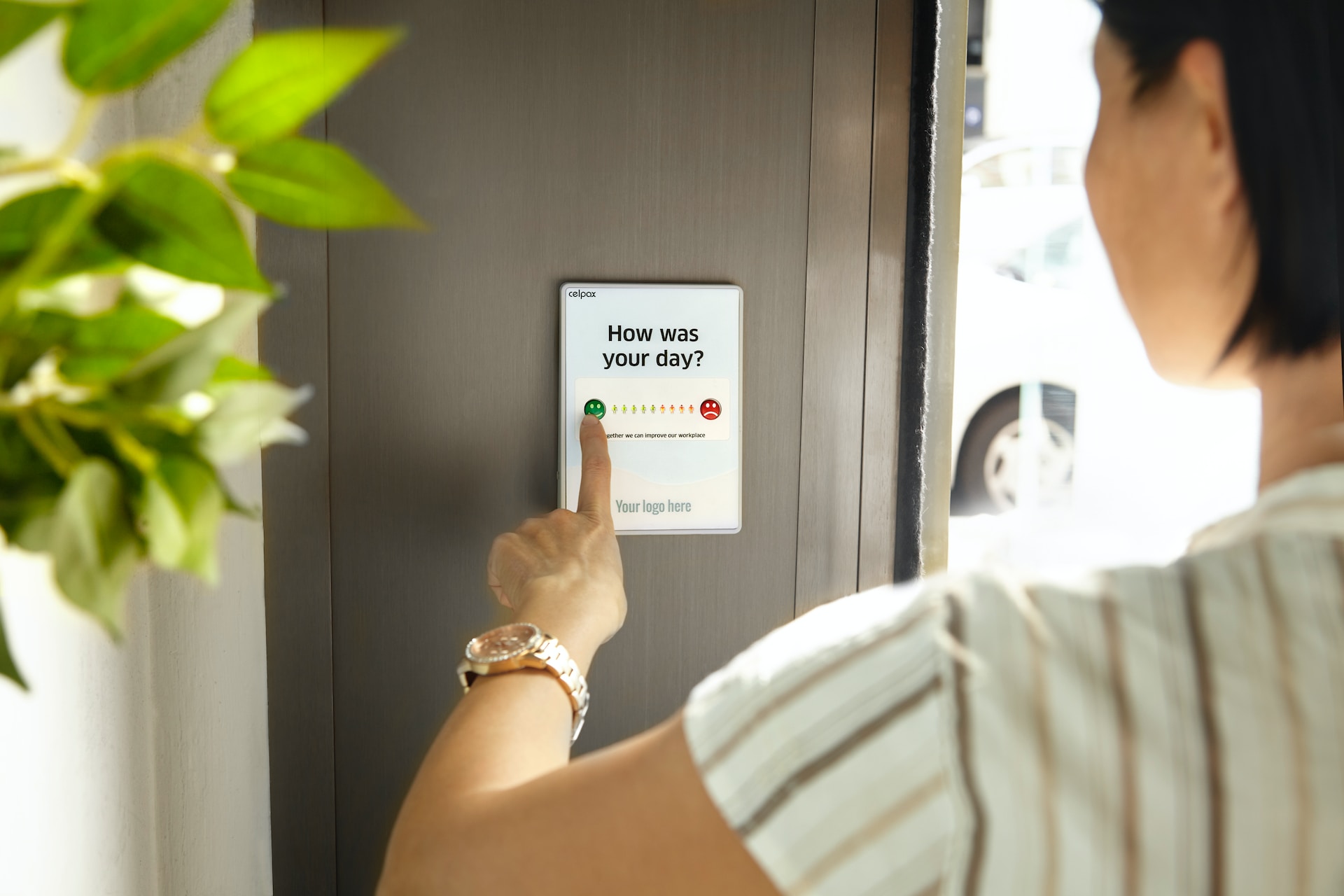In today’s modern society, the work environment has been taking on a new desired form: remote work. Companies around the world are adopting teleworking policies in response to advances in technology, increasing work-life balance expectations, and unforeseen circumstances like the COVID-19 pandemic. However, fostering a positive social environment in a remote work setting can be challenging. The absence of face-to-face interactions and the isolation felt by some remote workers can hinder team cohesion and affect overall morale. Therefore, in this article, we will discuss 15 strategies that employers can implement to maintain a positive social environment in a remote work context.
1. Promote Open and Transparent Communication
In a remote environment, communication is king. Without the benefit of spontaneous conversations at the water cooler or impromptu brainstorming sessions in the meeting room, misunderstandings can flourish. Employers should foster a culture of open and transparent communication to counter this. Utilizing tools such as Slack, Microsoft Teams, or Google Workspace can facilitate constant interaction, encouraging employees to share ideas, ask questions, and provide feedback. Furthermore, regular updates about company goals, changes, and achievements can also strengthen a sense of community and engagement.
2. Establish Regular Check-ins
For some, remote work just doesn’t fit their work styles. Certain remote employees can often feel disconnected or out of the loop. To alleviate this, managers should establish regular check-ins with their teams. These meetings, whether they’re daily or weekly, can serve as a platform to discuss ongoing projects, provide feedback, and address concerns. This personal attention not only helps employees feel seen and valued, but it also reinforces the team dynamic, providing them with a sense of unity and community.
 Photo by LinkedIn Sales Solutions on Unsplash
Photo by LinkedIn Sales Solutions on Unsplash
3. Encourage Peer Recognition
Recognition for work that is well done is a powerful motivator and morale booster, regardless of if you’re working remotely or in an office. But when you’re in a remote setting, it’s even more important to encourage peer recognition. This could take the form of a designated channel on your communication platform where employees can highlight their colleagues’ achievements or a monthly virtual “Employee of the Month” award could be implemented. Celebrating success helps foster a positive work culture and can strengthen relationships even among remote teams.
 Photo by krakenimages on Unsplash
Photo by krakenimages on Unsplash
4. Organize Virtual Social Events
The isolation of remote work can lead to a sense of disconnection for some workers. To combat this, employers can arrange virtual social events, such as happy hours, trivia games, book clubs, or movie nights. Get creative with it! These events provide a relaxed, informal setting for employees to connect on a personal level, fostering camaraderie and team spirit.
 https://unsplash.com/photos/376KN_ISplE
https://unsplash.com/photos/376KN_ISplE
5. Offer Professional Development Opportunities
One major benefit of remote work is the flexibility it offers. Employers can leverage this by offering professional development opportunities. This could be anything along the lines of webinars, online courses, or mentoring programs. By investing in their employees’ growth, companies show that they value their staff, boosting overall morale and creating a more positive work environment that fosters growth and development.
 Photo by ThisisEngineering RAEng on Unsplash
Photo by ThisisEngineering RAEng on Unsplash
6. Implement a Well-being Program
Working from home can sometimes blur the line between professional and personal life, leading to unwanted burnout. To mitigate this, employers can implement well-being programs that promote healthy work habits, physical fitness, and mental health. These programs can offer yoga sessions, mindfulness workshops, or fitness challenges that can enhance the overall well-being of all workers and promote a positive work culture. After all, people do their best work when they’re feeling their best.
 Photo by Brett Jordan on Unsplash
Photo by Brett Jordan on Unsplash
7. Foster a Culture of Trust
Trust is a crucial element of any working relationship, but it’s even more essential when working in a remote setting. Employers should foster a culture of trust by setting clear expectations, providing necessary resources, and avoiding micro-management. Showing employees that they are trusted boosts their confidence, empowers them to take initiative, and contributes to a much better work environment.
 Photo by charlesdeluvio on Unsplash
Photo by charlesdeluvio on Unsplash
8. Emphasize Work-Life Balance
In a remote work setup, it’s easy for employees to overwork, which can lead to stress and burnout. Employers should emphasize the importance of work-life balance, meaning they should set up clear boundaries around work hours, encourage regular breaks, and respect employees’ off-duty time. A balanced workforce is a happier, more productive one.
 Photo by Malte Helmhold on Unsplash
Photo by Malte Helmhold on Unsplash
9. Provide the Necessary Tools and Resources
Without the right tools, remote work can be frustrating and inefficient. Employers first need to ensure that their teams have the necessary resources to perform their tasks. This includes everything from stable internet connections, relevant software and hardware, and access to collaboration tools. Providing these resources shows employees that their success is a priority, which can lead to increased job satisfaction and higher productivity levels.
 Photo by Christin Hume on Unsplash
Photo by Christin Hume on Unsplash
10. Seek Regular Feedback
Look, employers don’t have all the answers. So with this in mind, they should always regularly seek feedback from their teams to understand the challenges they’re facing and whether or not certain needs are met. Surveys, suggestion boxes, or one-on-one meetings can be effective methods for gathering insights. Responding to this feedback shows employees that their opinions matter and contributes to a more inclusive, positive work environment for everyone.
11. Support a Collaborative Work Culture
Collaboration is key to maintaining a strong team dynamic and promoting a positive social environment in a remote context. Using collaborative tools like Arsana, Trello, or Google Docs can facilitate teamwork, stimulate creative problem-solving, and keep employers engaged. It’s also a great idea to encourage virtual brainstorming sessions or workshops to keep the spirit of collaboration alive. This type of culture helps employees feel as if they’re part of a team, enhancing their sense of belonging and morale.
 Photo by Dylan Gillis on Unsplash
Photo by Dylan Gillis on Unsplash
12. Recognize and Respect Cultural Differences
Remote work often involves teams distributed across different time zones and cultures. Recognizing and respecting these cultural differences is crucial in maintaining a positive social environment. This could be done in several ways such as showing awareness for different holidays, working hours, and communication styles. Cross-cultural training sessions could also be organized to promote understanding and respect within the team. This approach not only fosters a more inclusive environment but also enriches the team’s diversity.
 Photo by Clay Banks on Unsplash
Photo by Clay Banks on Unsplash
13. Promote Internal Mobility and Career Growth
The opportunity for career progression shouldn’t be ignored just because you’re working remotely. In fact, employers should promote internal mobility, allowing employees to grow within the company even while working from home. This could involve clearly defined career paths, opportunities for cross-departmental projects, or leadership training. Demonstrating a commitment to employees’ long-term career development can boost their motivation and commitment to the company, fostering a far more positive social environment.
 Photo by Hunters Race on Unsplash
Photo by Hunters Race on Unsplash
14. Utilize Video Communication
While written communication tools are absolutely essential in a remote work environment, video communication can add a personal touch that helps maintain human connection. Don’t underestimate the value of seeing some face-to-face! Regular video meetings allow visual interaction, enable non-verbal communication, and can often feel more engaging than emails or chat messages. Platforms like Zoom, Google Meet, or Microsoft Teams can facilitate these interactions, helping maintain a sense of community and togetherness.
15. Encourage Community Involvement and Volunteering
Another strategy for enhancing social cohesion in a remote work setting is encouraging community involvement and volunteering. Employers can set up initiatives where employees volunteer their time or skills for a good cause, such as mentoring programs, fundraising events, or community projects. These activities can be done virtually and provide an opportunity for employees to bond over shared values and interests, fostering a more positive and fulfilling work environment.
To put it simply, remote work isn’t always for everyone; some people crave face-to-face interaction, or just love working in an office environment. This just means that for some, it will take a lot more to adapt to a remote setting. That being said, there’s a lot employers can do to make this transition easier and more comforting. With these 15 strategies listed above, employers can create a healthy work culture that fosters a positive social environment, making remote work an enjoyable experience for all members.










